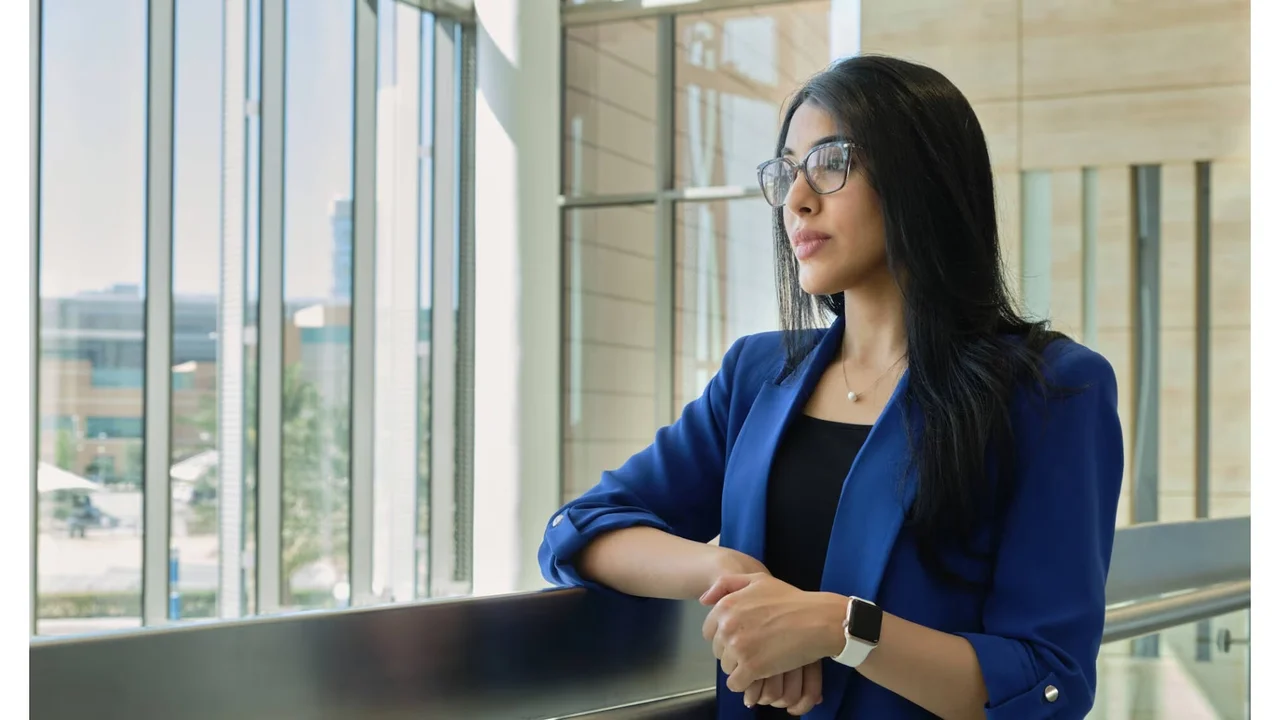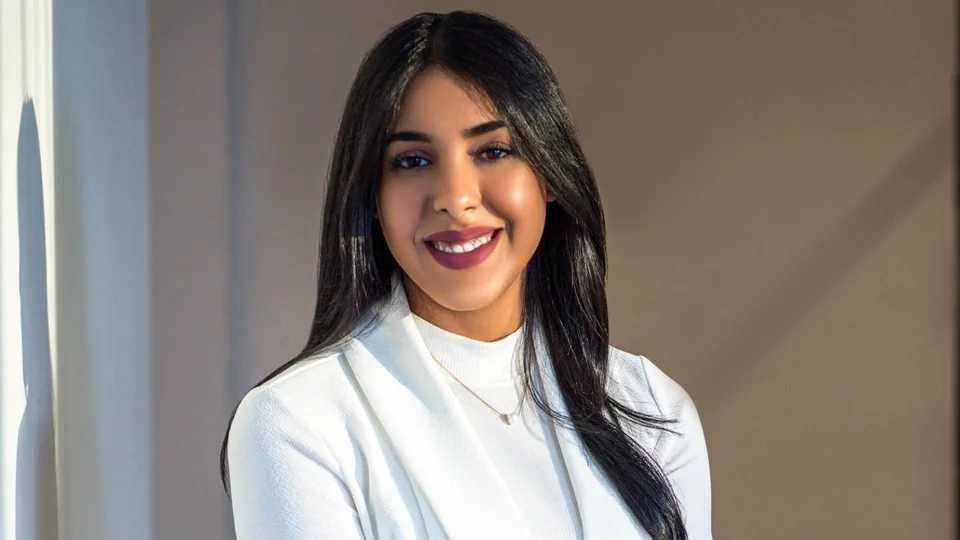
Sweet Success Means Longer Lasting Strawberries
An enterprising eye has led to potential new options that could be used to reduce the high levels of food wastage across the supply chain.
About
A chance reading of a research paper on improving the shelf life of strawberries through the use of ultraviolet (UV) light led Ph.D. candidate Asrar Damdam to establish a food preservation company and explore a new strategy for the process.
Working toward her Ph.D. in Khaled Salama’s Lab, Damdam has explored the benefits of combining UV irradiation with vacuum sealing to extend the shelf life of different types of food.
Food wastage is a significant problem globally, with about one-quarter of meat products and one-third of seafood products being wasted through the various stages of food production and transport.
Damdam branched out into her entrepreneurial venture after completing her masters degree in electrophysics at KAUST in 2018. During this degree she designed and fabricated a heart-assistive device, the heart sleeve, for which she was recognized in the L’Oréal-UNESCO For Women in Science Middle East Regional Young Talents in 2020.
“Later, I moved to Silicon Valley and started a technology company, named Uvera, to bring UV food sterilization technology to consumers and retailers,” she explains. This commercial start-up was supported with funding from KAUST Innovation Ventures and other investors.
While developing the company, Damdam realized that combining the existing food preservation technologies of UV sterilization and vacuum sealing might considerably extend shelf lives beyond those obtained using either option alone. “So I embarked on a Ph.D. at KAUST to rigorously explore the possibilities,” she says.
Together with colleagues, Damdam has now shown that combining UV radiation with vacuum sealing can make a significant difference to the shelf life of meat and seafood products, as well as high-value fruits, such as strawberries.
Salama, Damdam’s Ph.D. supervisor and a co-author of the research articles, comments on her enterprising drive. “Asrar’s unique entrepreneurship skills allowed her to transition her research from a prototype in the lab to a functional product that is now making it to the market,” he says.
Salama also notes the potential benefits for Saudi Arabia, where Uvera has a base. He says that wastage in Saudi Arabia’s food supply chain costs the country more than 10 billion USD per year. Uvera’s products could significantly reduce that waste.
